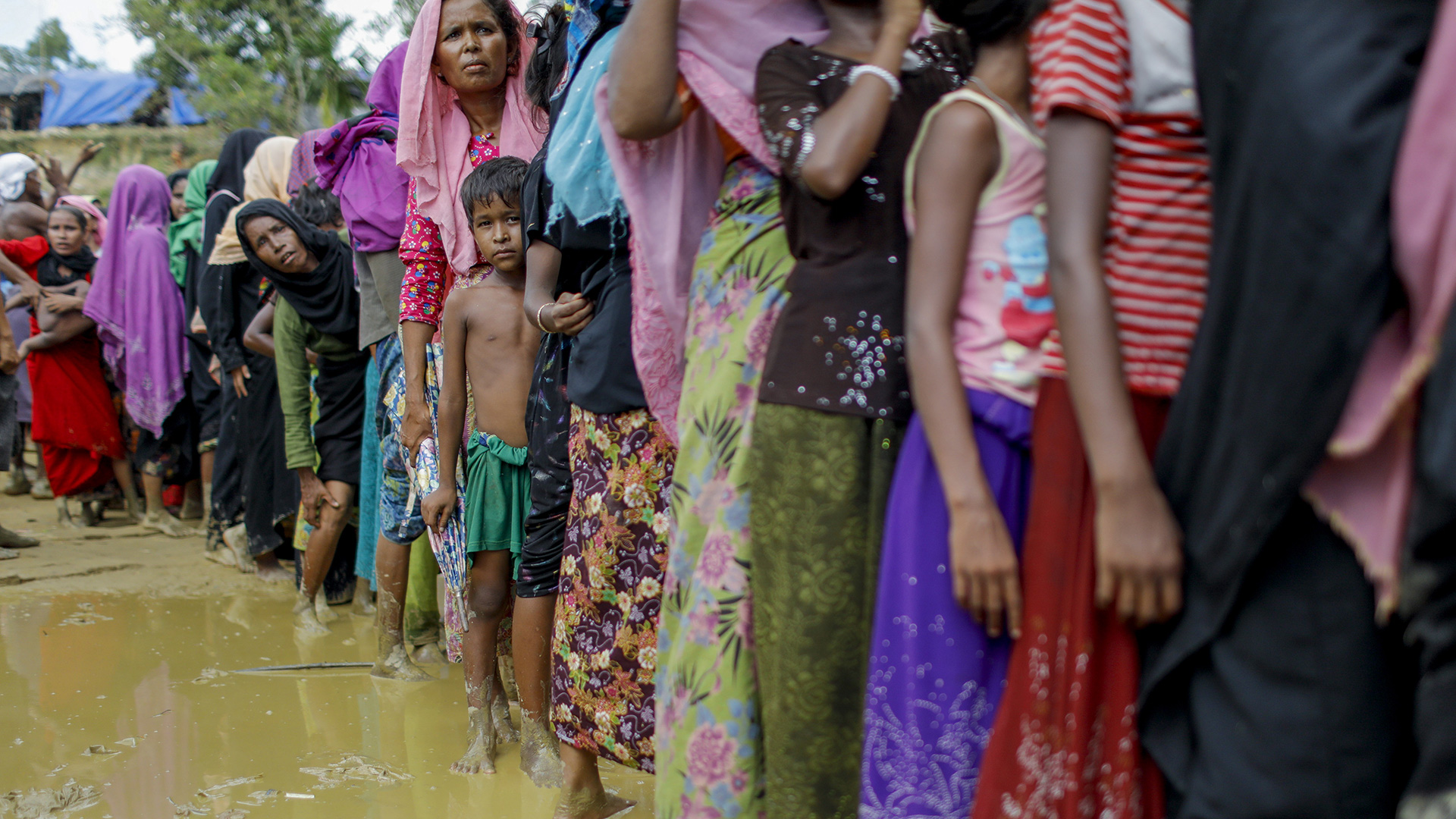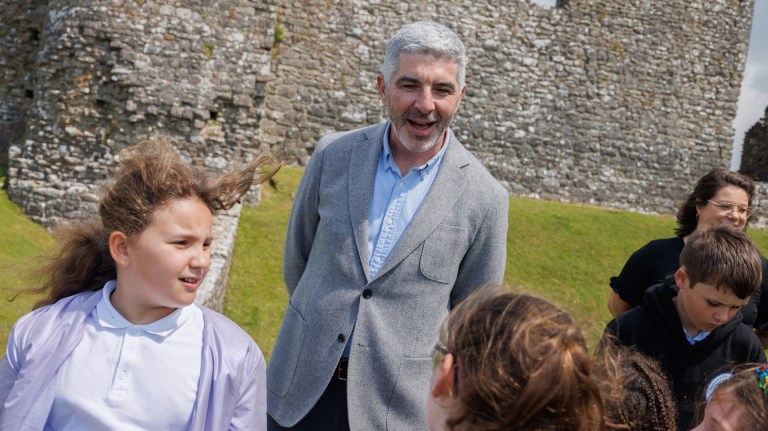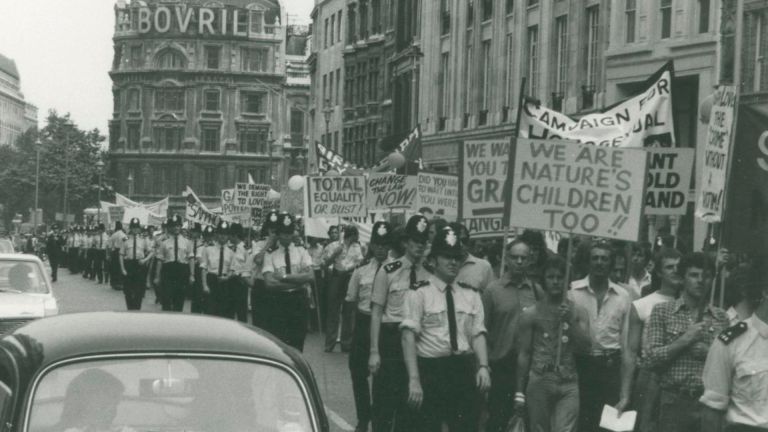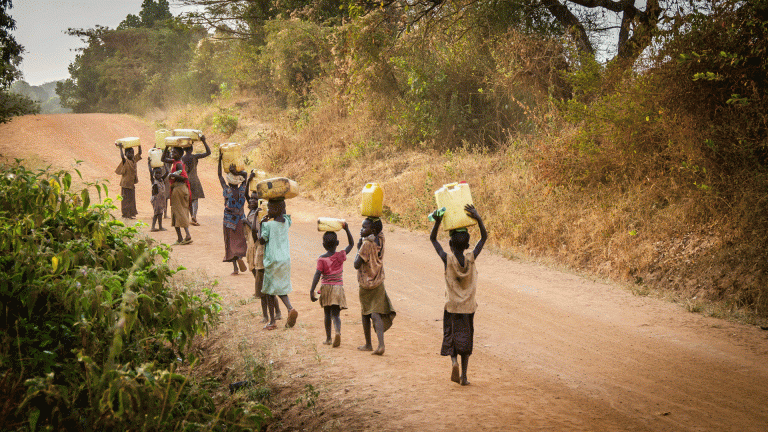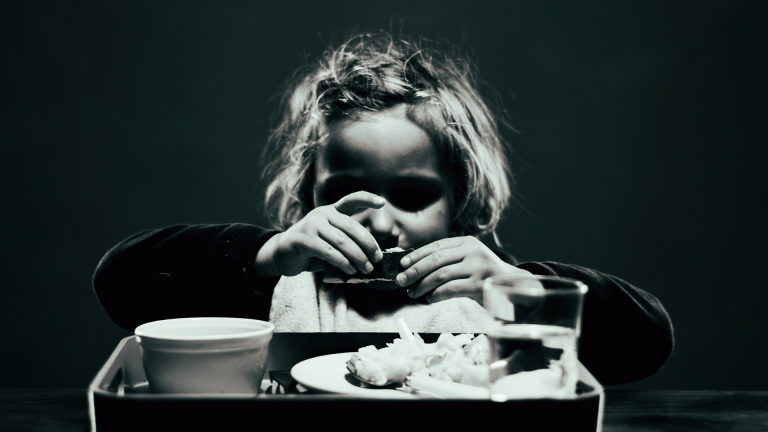It’s been a torrid year. Covid-19 has changed our lives in so many intimate and unsettling ways it’s no surprise the pandemic has dominated the news agenda. But a further cruel effect of this is to drive from our attention other stories and developing disasters.
Last February I was in Bangladesh, spending time in the refugee camp for the Rohingya who fled their homes in Myanmar in 2017, following violent persecution.
The exodus of around 700,000 Rohingya into Bangladesh, with tales of horrific brutality visited on them by their neighbours and the military, led to the establishment of the world’s largest refugee camp – Kutupalong camp. The camp is still there – and it has grown in number, with a burgeoning population of infants and newborns.
Lockdowns have taken income away from hundreds of Big Issue sellers. Support The Big Issue and our vendors by signing up for a subscription.
I was in Kutupalong working on a documentary (my main occupation these days, after making a gamekeeper-turned-poacher switch from film critic for this magazine). I was accompanying academics from University College London: specifically a department with the apt name of the Institute for Risk and Disaster Reduction (IRDR).
As if the forced displacement of hundreds of thousands of Rohingya wasn’t catastrophic enough, they now face the threat of cyclones and other extreme weather events during monsoon season. Built from bamboo, tarpaulin and other fragile material, the Rohingya’s small shelters are sprawled across hilly, recently deforested land – and extremely vulnerable to rainfall-triggered landslides.
Following research supported by our Sustainable Development Programme, @ucl's Professor Peter Sammonds and colleagues have published an article exploring how refugees cope with risks associated with environmental hazards in the Kutupalong Rohingya Camp: https://t.co/HEEAJCp45b
— The British Academy (@BritishAcademy_) October 9, 2020
The IRDR was there with a project to minimise this risk – or at least develop an early warning system against these threats. The area in which the camp is located is susceptible to extreme weather – on the rise due to climate change – but the Rohingya have so far avoided any major landslides. But it is only a matter a time, and it was basically thanks to blind luck that the camp avoided the worst effects of Cyclone Amphan, which devastated parts of Bangladesh in 2020.
It’s a grim situation, and we spoke to a number of Rohingya women about their attitude towards these threats. This testimony is included in A Safer Place, the short I made, streaming at the moment with refugee advocacy group Refugee Tales. Sharing traumatic memories of their escape from Myanmar, the women we spoke to were almost stoically resigned to the uncertainties and potential devastation that a major storm in the area would wreak.
The right to shelter is a basic human need – and of course resonates with the values of The Big Issue. But this right is made much more complicated for the Rohingya. The point was put to me by Dr Bayes Ahmed, a specialist in landslide prevention helping lead the IRDR project: faced with a coming storm our natural instinct is to flee, but the Rohingya – restricted to the camp as a condition of their stay in Bangladesh – have nowhere else to relocate to.
Our first film night tonight – join us at 6pm online for a screening of ‘A Safer Place’ by Edward Lawrenson with discussion and Q&A – book your place at: refugeetales@gdwg.org.uk
See you there �ά pic.twitter.com/KFeB59Wa6P— The Refugee Tales (@RefugeeTales) December 14, 2020
The Bangladesh government are making efforts to move some Rohingya to specially built facilities on island called Bhasan Char which does include storm-proof shelters – but the initiative to rehouse the refugees to a remote, low-lying stretch of land that is prone to flooding is, to say the very least, controversial, and so far only hundreds of Rohingya have gone there.
I interviewed Dr Ahmed just a few miles away from the camp at a beach resort in the city of Cox’s Bazar. It’s one of the stranger aspects of this global crisis that so close to the world’s biggest refugee camp is an idyllic white-sand beach.
It was rightly being enjoyed by hundreds of ordinary Bangladeshis as Dr Ahmed and I were speaking. The images of families having fun – which made their way into the film – were a poignant contrast from the sense of confinement we’d encountered at the camp.
These scenes of day-trippers at the beach also, I think, spoke to the sense of freedom of movement that we all take for granted – and is currently denied to the Rohingya.
Perhaps some of our freedom of movement has been curtailed by the pandemic.
Back in February Covid was mentioned as yet another threat to the Rohingya. There’s worrying uncertainty about the situation in the camps today because of the lack of testing facilities, but one thing is clear: the pandemic has made life even more difficult for the Rohingya – and served to isolate them further.
There’s reason to hope we’ll be returning to some kind of normal later next year. But normal is a relative term, and it’s worth remembering that little of fundamental consequence will have changed for the Rohingya. One storm may have passed, but monsoon season begins again in June, and there are more storms to come.
A Safer Place is screening this week at Refugee Tales and available on truestory.film later this month
